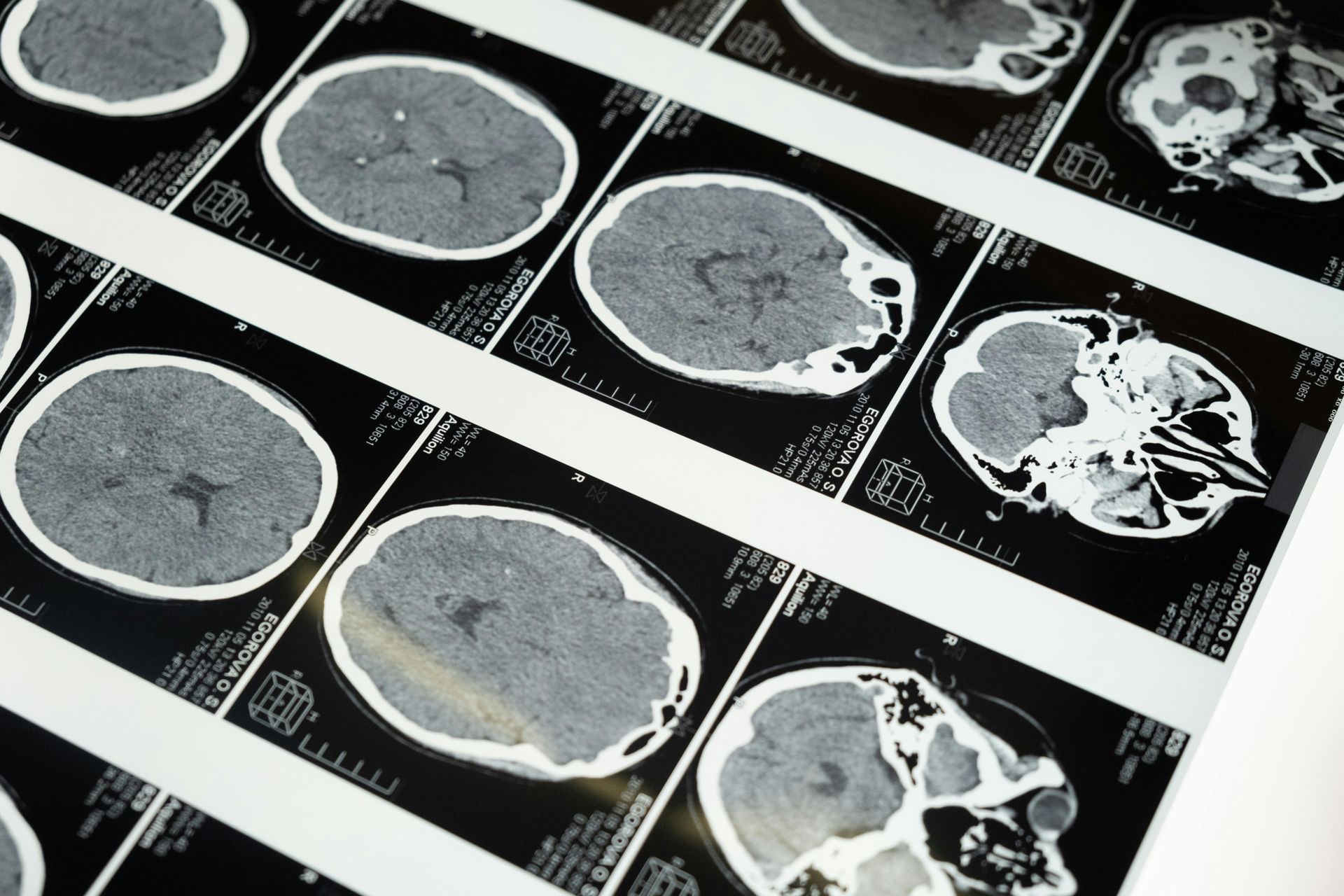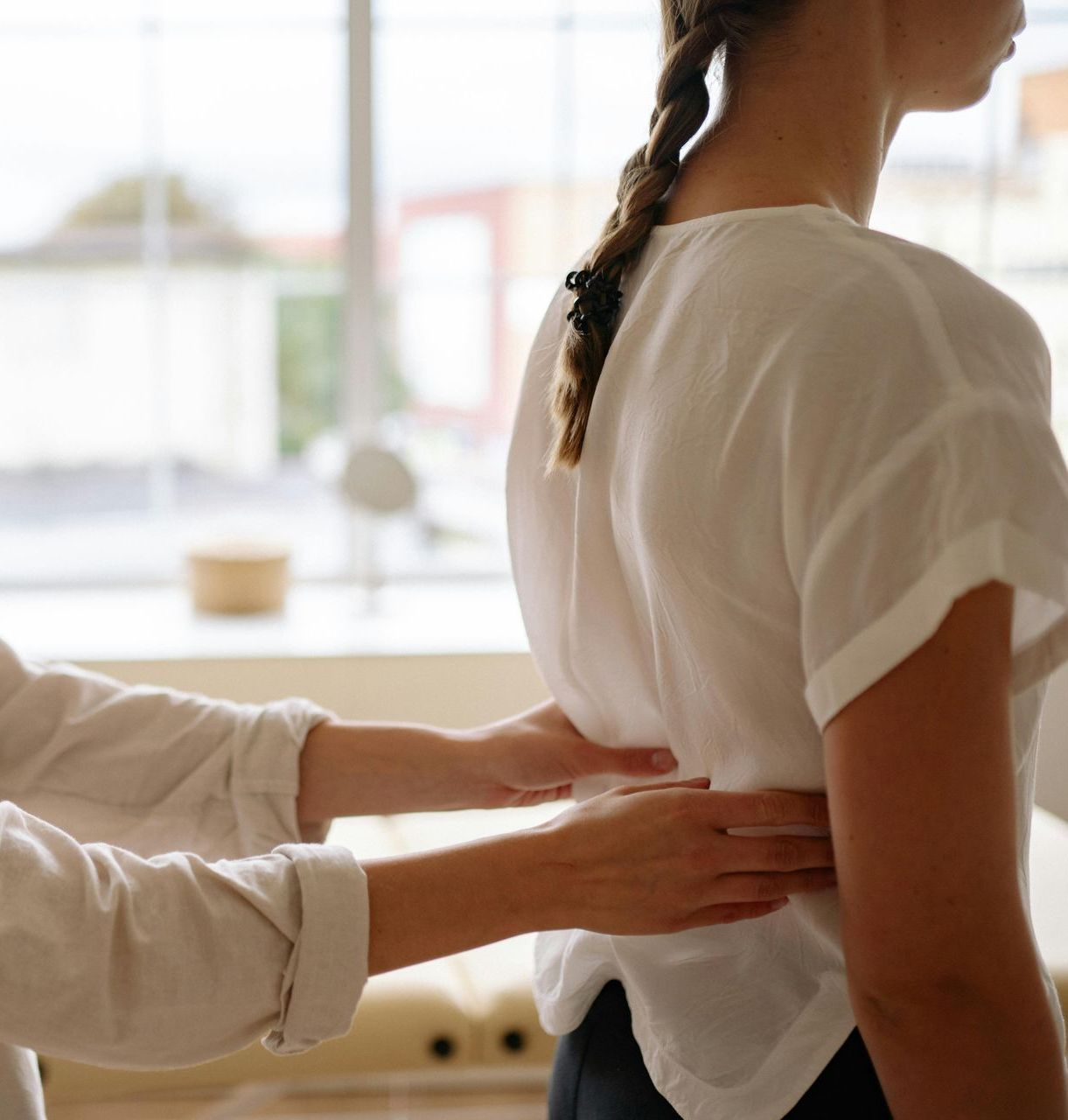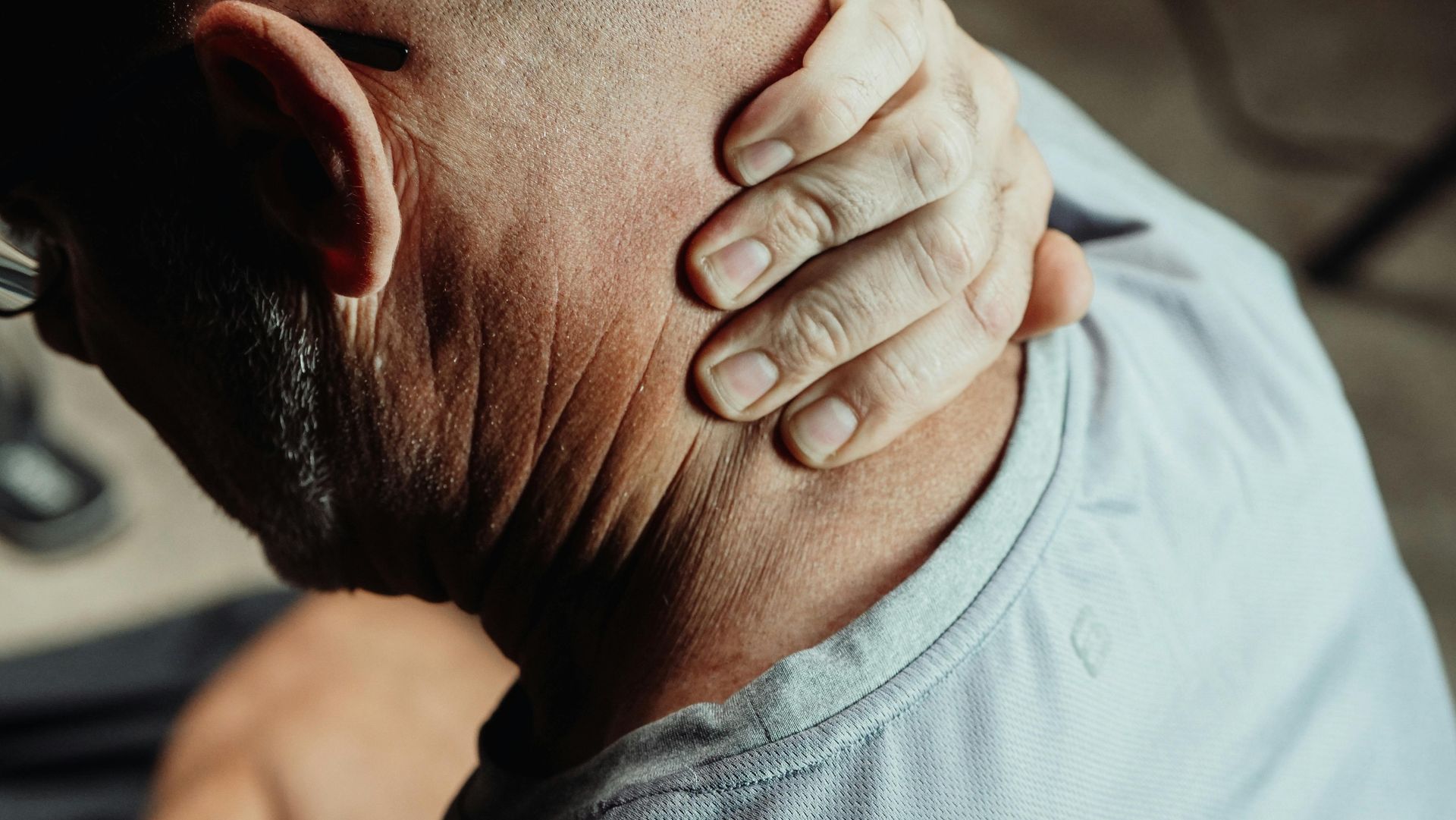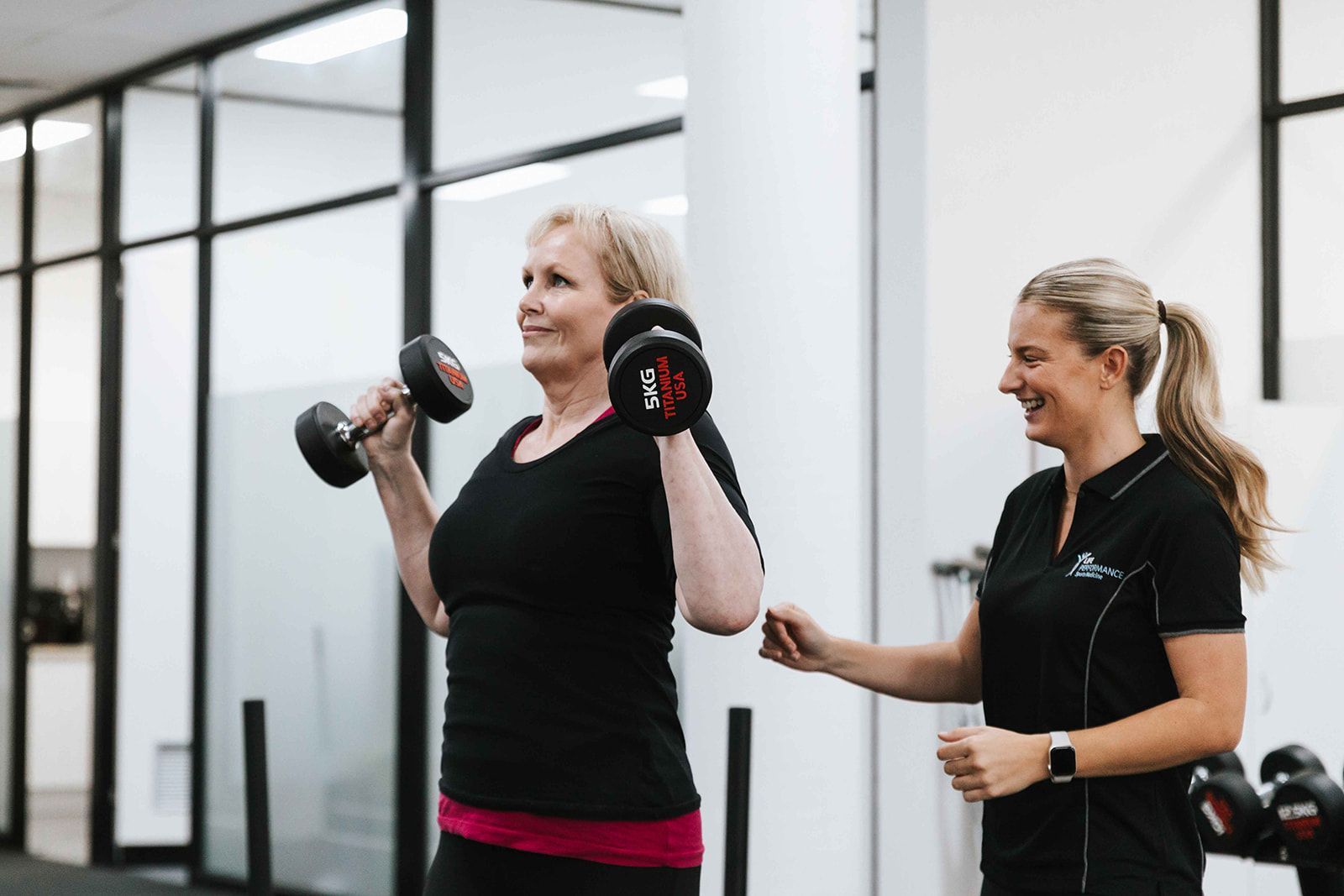Jaw Pain Temporomandibular Disorders (TMD)
Does the thought of biting into a hard apple give you goose bumps?
The constant clicking and pain that occurs when you bite is enough to turn you off hard fruit - For life!
&
Don't even talk about yawning......

'Temporomandibular disorders', commonly known as jaw pain, affect about 20% of the population
and are probably more common in women than men.
They can occur for many reasons.
Some examples are:
- Stress related tooth grinding causing overload of the facial muscles and
overloading the jaw joints.
2. Working the jaw muscles to open your airways when they are
narrowed because of the relaxation of the muscles when sleeping and snoring.
3. Strain of the jaw joints of muscles following prolonged opening with dental
procedures or general anaesthetics.
4. Direct trauma when hit in the face
5. Stiffness of the neck joints and poor head/neck posture restricting jaw
movement.
Symptoms can comprise facial pain and headaches, neck pain, tightness of the jaw muscles, restriction of jaw movement, pain with chewing and yawning and clicking in the jaw joints.
The management of facial pain requires a collaborative approach.
The first point of call for TMD’s is usually the dentist.
The dentist can eliminate dental causes for the pain such as cavities or impacted wisdom teeth.
If there are no problems there you can be referred to a physio for management.
In cases where the TMD is associated with ear pain - Ear, Nose and Throat Specialist will be involved.
Physiotherapy treatment will involve an assessment to analyse why you have developed the TMD.
The physio will discuss your symptoms with you and identify possible causes so you can work on changing these habits.
They will look at:
- Range of jaw movements and neck movements
- Check for increased muscle tension in your jaw or neck muscles
- Check for stiffness in the jaw joint or neck joints and .........
- Look at postural changes that could be contributing to your problem.
Treatment will then involve correcting any deficits that are found on assessment.
Techniques may involve jaw or neck joint mobilising, massage to the jaw or neck muscles, dry needling and exercises.
Generally this condition can be quite well managed with physiotherapy and self-management.
So if you have been putting up with jaw & neck pain, or fed up with the 'clicky jaw' every meal.......
Call up and book an appointment at Errol St with our resident jaw and neck specialist, Sue!
If you don't feel like talking to anyone because of your jaw pain, you can book online!
We are here to help you live life to the full, without jaw pain!
The Team @ Errol Street Physio










